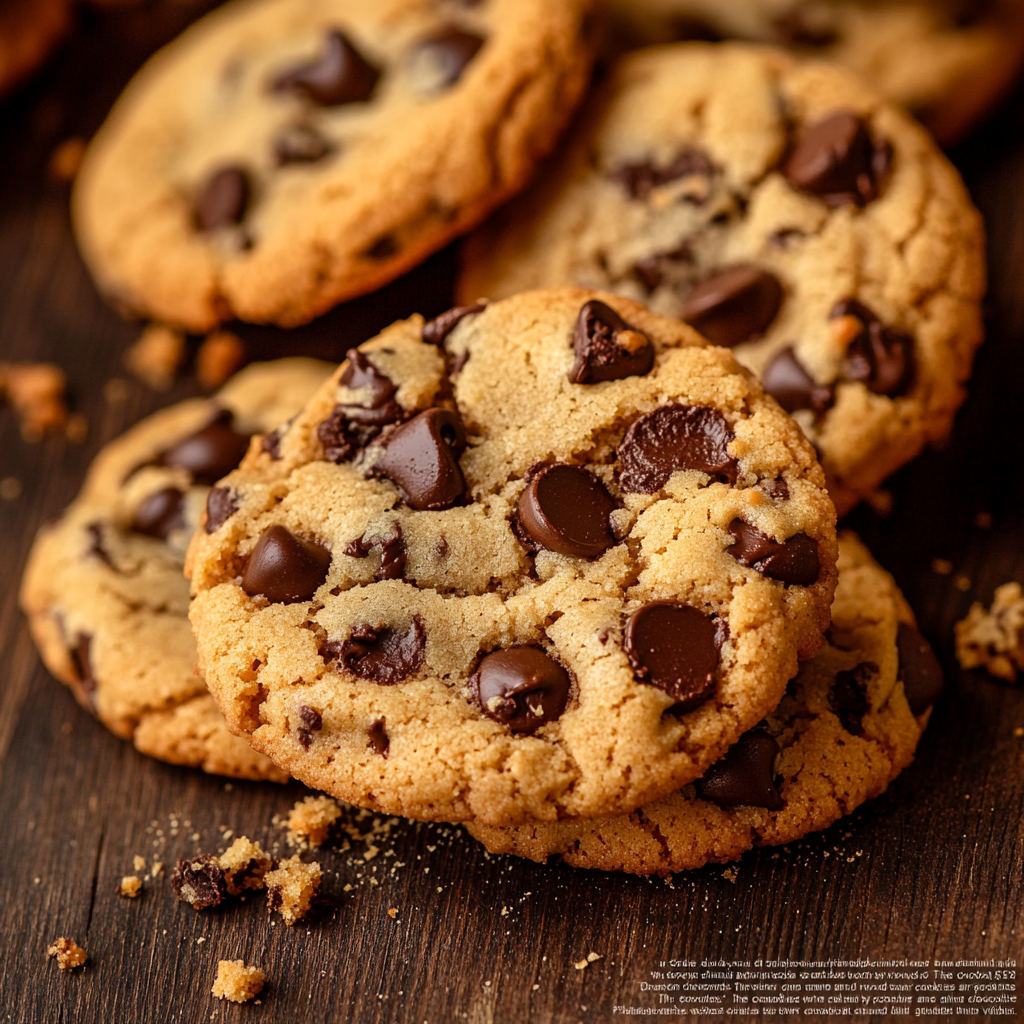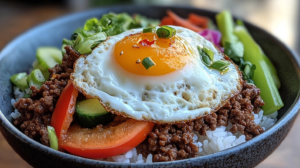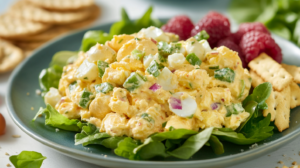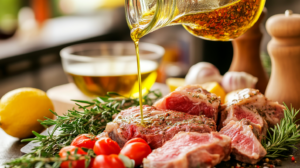Introduction:
Cookies are a universal treat that transcends generations and cultures. Whether you’re baking them for a special occasion, holiday, or simply to satisfy a craving, there’s a cookie recipe out there to suit everyone’s tastes. This guide will take you through some of the best cookie recipes—from classic chocolate chip to more creative, fun options. We will also provide tips for perfecting your cookies every time, variations you can try, and helpful techniques to get the perfect bake.
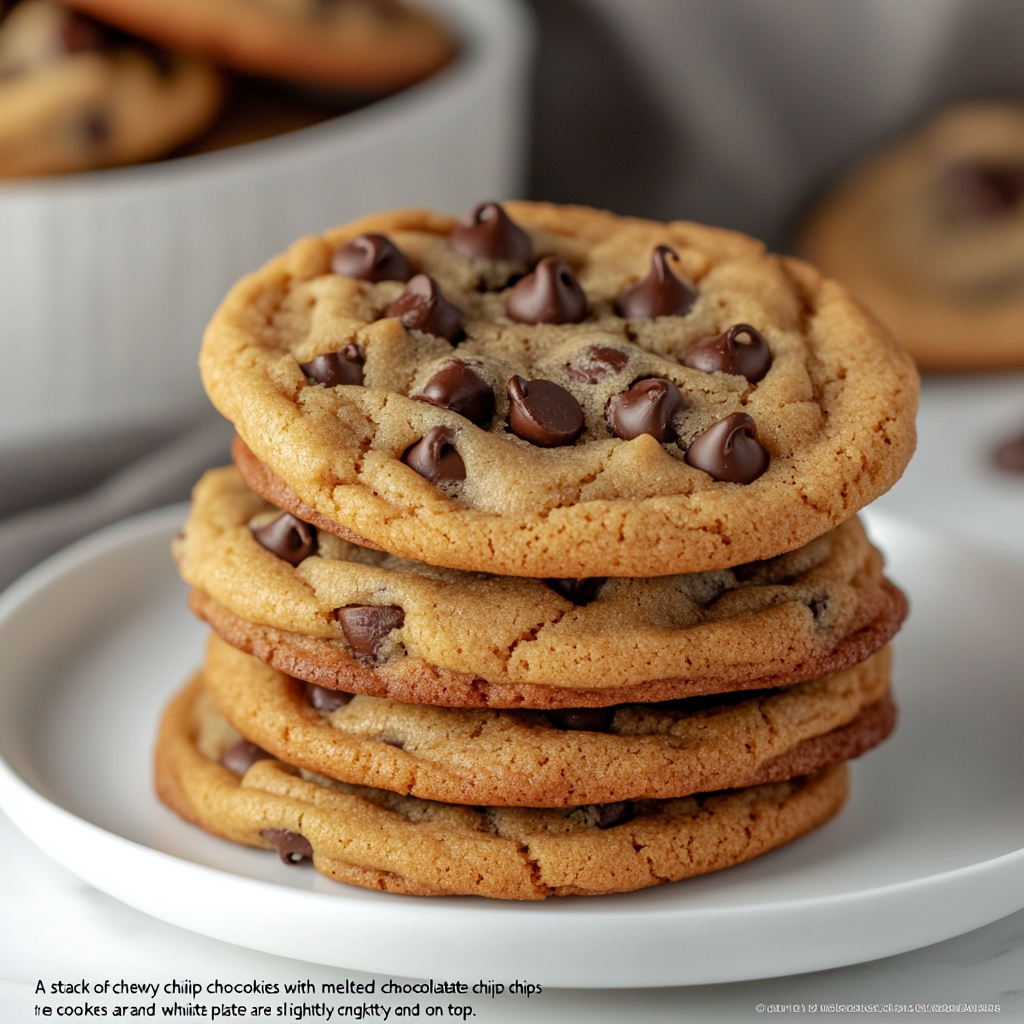
PART 1: Classic Chocolate Chip Cookies
A Timeless Favorite: Why Chocolate Chip Cookies Never Go Out of Style
- Learn the history of this iconic treat.
- Understand what makes chocolate chip cookies so universally loved.
Step-by-Step Recipe for Perfect Chocolate Chip Cookies
- Essential ingredients you need.
- Detailed baking instructions for the best results.
PART 2: Soft and Chewy Cookies: Secrets to Getting the Perfect Texture
Why Some Cookies Turn Out Soft and Chewy
- Explore the science behind chewy cookies.
- Factors that affect texture, such as flour choice and baking time.
How to Make Your Own Soft and Chewy Cookies
- Ingredients and techniques for soft and chewy cookies.
- Tips to prevent cookies from being too crunchy or hard.
PART 3: Healthy Cookie Alternatives: Delicious and Guilt-Free Options
Can Cookies Be Healthy? Yes, They Can!
- A look at healthier ingredient swaps like whole wheat flour and coconut sugar.
- How to balance flavor with nutrition.
Healthy Cookie Recipes You Need to Try
- A guide to making healthy oatmeal cookies, peanut butter cookies, and more.
PART 4: Gluten-Free and Vegan Cookie Recipes
Baking Without Gluten and Dairy: Tips for Success
- The challenges of gluten-free and dairy-free baking.
- Best substitutes for eggs, butter, and flour.
Top Gluten-Free and Vegan Cookie Recipes
- Detailed recipes for delicious cookies that are both gluten-free and vegan.
PART 5: The Best Cookie Decorating Techniques
How to Decorate Cookies Like a Pro
- Step-by-step guide to decorating cookies with icing and sprinkles.
- Common decorating mistakes and how to avoid them.
Creative Ideas for Holiday and Themed Cookie Decorations
- How to make your cookies stand out with fun designs for holidays or special events.

PART 6: Fun Cookie Recipes to Make with Kids
Kid-Friendly Cookie Recipes That Are Easy and Fun
- Simple yet delicious cookie recipes that kids can help make.
- Tips for involving children in the baking process.
Fun Cookie Decorating Ideas for Kids
- Easy decorating techniques that kids will love.
PART 7: The Science of Perfect Cookies: Common Mistakes and How to Avoid Them
Top 5 Cookie Baking Mistakes You Might Be Making
- Overmixing, overbaking, and other common baking errors.
- How to prevent these mistakes to ensure perfect cookies every time.
Tips for Adjusting Your Recipe to Suit Your Preferences
- How to tweak ingredients for your ideal cookie flavor and texture.
PART 8: Cookie Storage: How to Keep Your Cookies Fresh
How to Store Cookies to Keep Them Fresh
- Best practices for storing soft and crispy cookies.
- How to keep your cookies from going stale.
Freezing Cookie Dough for Later Use
- How to freeze cookie dough and bake cookies later.
- The best way to store frozen dough.
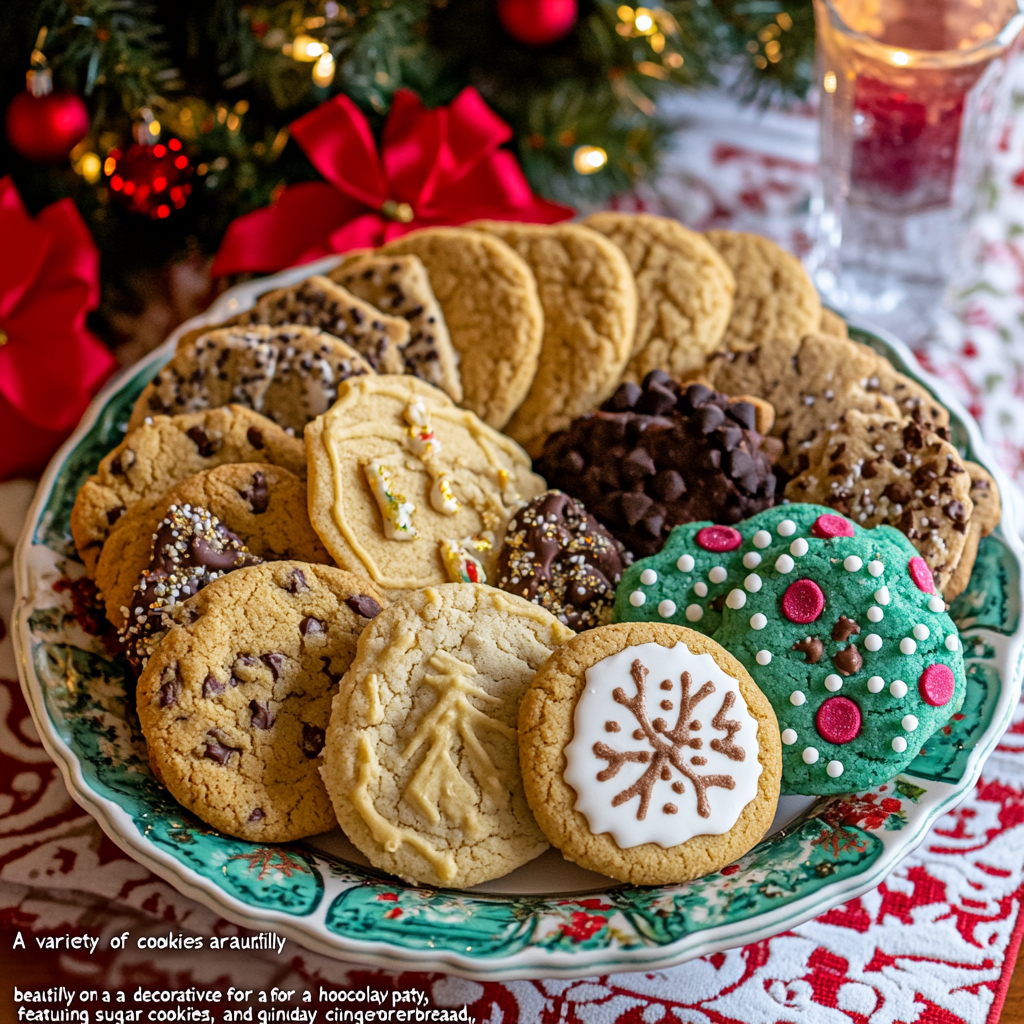
PART 9: Cookie Recipes for Every Occasion
Cookies for Holidays and Special Occasions
- Recipes for Christmas cookies, Halloween treats, and more.
- How to customize your cookies for different celebrations.
Everyday Cookie Recipes That Are Always a Hit
- Cookie ideas perfect for casual get-togethers, lunchboxes, or just a sweet snack.
FAQs
PPA1: How can I make my cookies chewier?
- To make your cookies chewier, use more brown sugar instead of white sugar, and try adding an extra egg yolk. Underbake slightly to keep them soft.
PAA2: What’s the secret to perfect chocolate chip cookies?
- The key is using high-quality chocolate chips, chilling the dough before baking, and using the right combination of butter and sugar.
PAA3: Can I make cookies healthier without losing flavor?
- Yes, you can use whole wheat flour, coconut oil, or unsweetened applesauce as substitutes to make your cookies healthier while maintaining delicious flavor.
PAA4: Can I freeze cookie dough?
- Yes, freezing cookie dough is a great way to have fresh cookies on hand. Just scoop the dough into balls, freeze them, and then bake straight from the freezer.
PAA5: What is the best way to store cookies?
- To keep cookies fresh, store them in an airtight container. For soft cookies, place a slice of bread in the container to maintain moisture.
PAA6: How can I decorate cookies for a party?
- Use royal icing or fondant for intricate designs. Sprinkles, edible glitter, and food coloring can add extra flair to your cookie designs for parties.
Conclusion:
From classic chocolate chip cookies to healthier and vegan options, this guide has provided you with all the tips and recipes you need to bake the perfect cookie. Whether you’re baking for a special occasion or just looking for a treat to enjoy, these cookie recipes are sure to delight. Remember, the key to perfect cookies is a little bit of science, a lot of love, and the right ingredients. Happy baking!
“Check out more delicious cookie recipes on AllRecipes and find creative variations to try with your family.”
